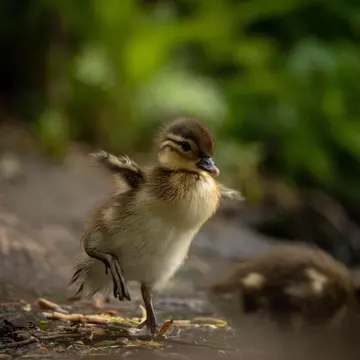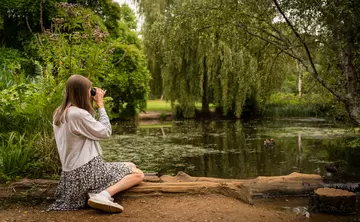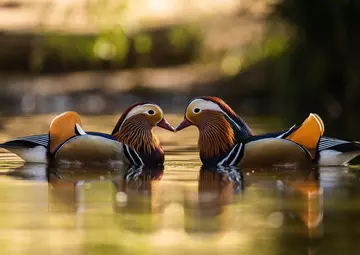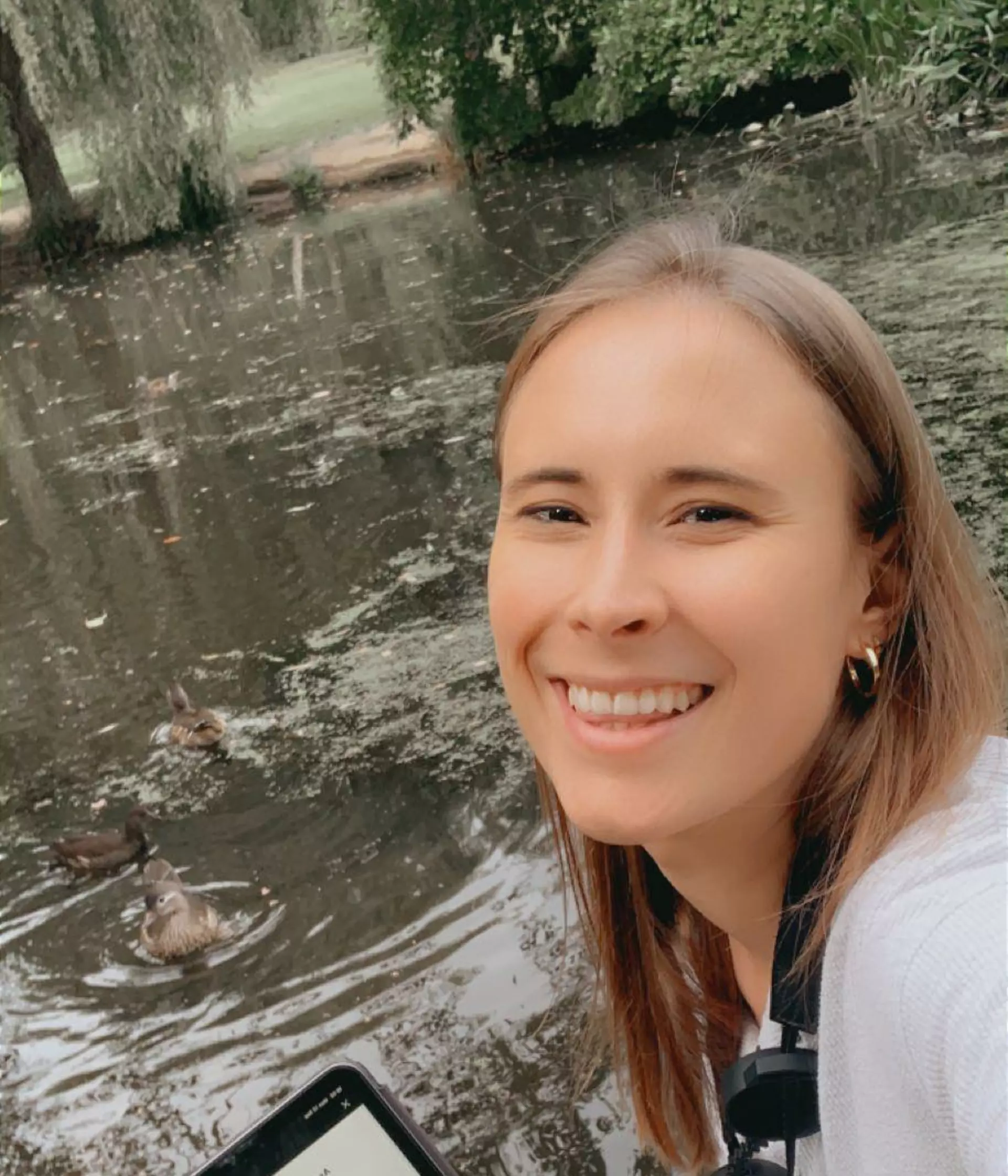
ZSL
Zoological Society of London
Camille Munday has just completed an MSc in Wild Animal Biology with ZSL and the Royal Veterinary College. Here she discusses her motivations, experiences and how she has found her wings...
Imagine spending hours in a forest, equipped with nothing more than a notebook and a pair of binoculars, watching one of your favourite species of primate. This was the life of Jane Goodall, a world-famous ethologist and conservationist, during her years in Gombe National Park, Tanzania, and her findings changed the world. She was a true pioneer in the field of Primatology, inspiring and encouraging people all around the world to follow in her footsteps. But for many, it is difficult to know where to begin when pursuing this dream.

What are the requirements for this field of study?
There are some critical requirements to thriving when carrying out animal behaviour field research. Not only must you love the outdoors, but you must be adaptable to mentally and physically challenging conditions, comfortable with minimal contact to the outside world, and have a lot of patience. Most importantly, passion is a must, because animal behaviour research is simply not the easiest field!
For example, growing up, I wanted more than anything to be a naturalist, and have always loved learning about the lives of animals. In fact, my love affair with wildlife began before I was born. You could say it was predestined; my father is a naturalist (and not a naturist, as I would tell people as a child!) This was clearly enough to keep me focused and dedicated to the work I did for my Wild Animal Biology research project on free-living Mandarin ducks (Aix galericulata), in Richmond Park. In fact, little did I know that this project was going to be the beginning to pursuing my dreams.

I cannot deny that the Royal Veterinary College of London (RVC) together with ZSL (Zoological Society of London) gave me an opportunity of a lifetime. The opportunity to finally follow in Jane Goodall’s footsteps, as I watched my favourite duck species for weeks on end and hours at a time, deep in the heart of London’s largest park. However, I must admit that it wasn’t always sunshine and rainbows. Not only did I have to wake up very early in the mornings, but I also had to stand outdoors for long periods of time in the cold and rainy weather.
Nevertheless, they say hard work pays off which in my case was true, since I ended up with very interesting results and will hopefully be publishing my scientific paper very soon! Moreover, during this project, I was also able to take some great photos of the ducks (see below). Wildlife photography is another passion of mine, and just like animal behaviour field research, not only does it present challenges (e.g. patience and perseverance are required to succeed) but it allows you to capture some of the most unique aspects of an animal’s behaviour.

How do you know if this course is for you?
I would truly recommend this post-graduate degree course for any wildlife lover out there who is just as passionate about animal behaviour as I am, and is eager to start watching how animals live and behave in the wild, in the hope that your findings, just like Jane Goodall’s, also change the world. And always remember, as Jane Goodall says, “if there is something you really want, you’re going to have to work really hard, take advantage of opportunity, and above all NEVER give up”.
FIND OUT MORE ABOUT THE WILD ANIMAL BIOLOGY COURSE
